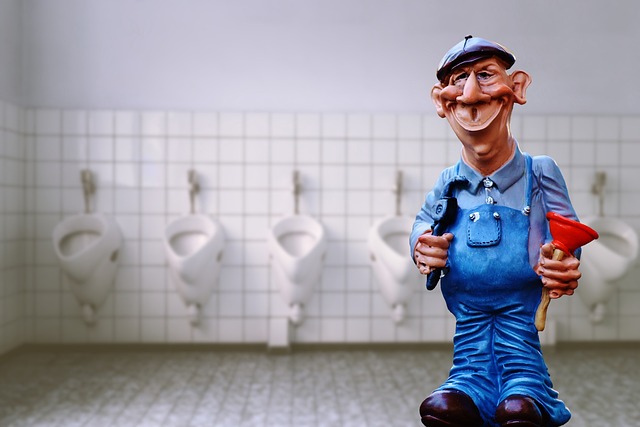DIY plumbing may seem cost-effective but carries significant risks; hidden expenses, time-consuming surprises, and potential damage from inexperience. While DIY offers skill development and initial savings, professional plumbing services provide expert solutions, guarantees, and adherence to building codes for more reliable long-term repairs. Before tackling a DIY project, understand upfront costs, including specialized equipment for complex tasks. Weighing the scope of work, expertise, and potential future repair costs helps make informed decisions between DIY and professional plumbing.
“Thinking about tackling that plumbing project yourself? While DIY plumbing offers immediate benefits and perceived cost savings, there’s a hidden price tag you may not be considering. From complex problem diagnosis to unexpected part costs and labor expenses, DIY projects can quickly spiral out of control. This article delves into the allure and challenges of DIY plumbing, compares it to professional services, and reveals how choosing expertise over do-it-yourself methods can balance quality work with long-term savings.”
- DIY Plumbing: The Immediate Benefits and Perceived Savings
- – Exploring the appeal of DIY plumbing projects
- – Calculating the upfront costs of materials and tools
DIY Plumbing: The Immediate Benefits and Perceived Savings

DIY plumbing might seem like an attractive option for those looking to save money and take control of their home repairs. The immediate benefits are clear: cost savings, convenience, and the satisfaction of completing a task independently. Many homeowners believe they can achieve significant financial gains by tackling plumbing projects themselves, especially when compared to professional plumbers’ rates. This perception of DIY vs. professional plumbing often leads to individuals attempting complex tasks without fully understanding the potential drawbacks.
However, what seems like a smart financial move initially might not pan out as expected. While DIY methods offer short-term savings, they can result in hidden costs and time-consuming surprises. Unexpected complications may arise, leading to the need for additional supplies or even professional intervention, ultimately negating the perceived savings.
– Exploring the appeal of DIY plumbing projects

Many homeowners are drawn to the idea of taking on DIY plumbing projects, viewing it as a cost-effective and empowering way to tackle common issues. The appeal is undeniable—the potential to save money by avoiding professional plumbers and learning valuable skills is enticing. Online tutorials and how-to guides make it seem accessible, encouraging folks to believe they can handle everything from leaky faucets to pipe repairs without breaking the bank.
However, while DIY plumbing can be satisfying, it’s essential to recognize that there are hidden costs and challenges associated with this approach. Inexperience or a lack of understanding of local building codes can lead to issues, resulting in further damage and more significant expenses down the line. Comparing DIY vs. professional plumbing, the latter offers expertise, guarantees, and adherence to regulations, ensuring long-lasting solutions without unforeseen problems.
– Calculating the upfront costs of materials and tools

When considering a DIY plumbing project, one of the first steps is calculating upfront costs. Unlike the perception that doing it yourself (DIY) is always more affordable than hiring a professional plumber, the reality can be quite different. While some basic plumbing tasks may have relatively low material and tool costs, complex jobs often require specialized equipment and materials that can add up quickly. From pipes and fittings to advanced tools like drain snakes and pressure regulators, these necessities can significantly impact your budget before you even begin the project.
Comparing DIY versus professional plumbing services in terms of cost can be challenging because it depends on various factors, including the scope of work and your level of expertise. While DIY methods may offer immediate financial savings, they can also lead to costly mistakes that require repairs or replacements down the line. Professional plumbers, while often more expensive upfront, bring specialized knowledge and experience that can prevent these unexpected expenses.
While DIY plumbing projects offer immediate benefits and perceived savings, it’s crucial to consider the hidden costs that often arise from attempting these tasks without professional expertise. While you may initially think you’re saving money by doing it yourself, unforeseen issues can lead to more expensive repairs or even complete system failures. Comparing DIY efforts with professional plumbing services reveals that the latter often provides better value in the long run, ensuring efficient, reliable, and stress-free solutions. Before tackling plumbing projects, weigh the potential savings against the risks of DIY versus hiring a licensed professional.
